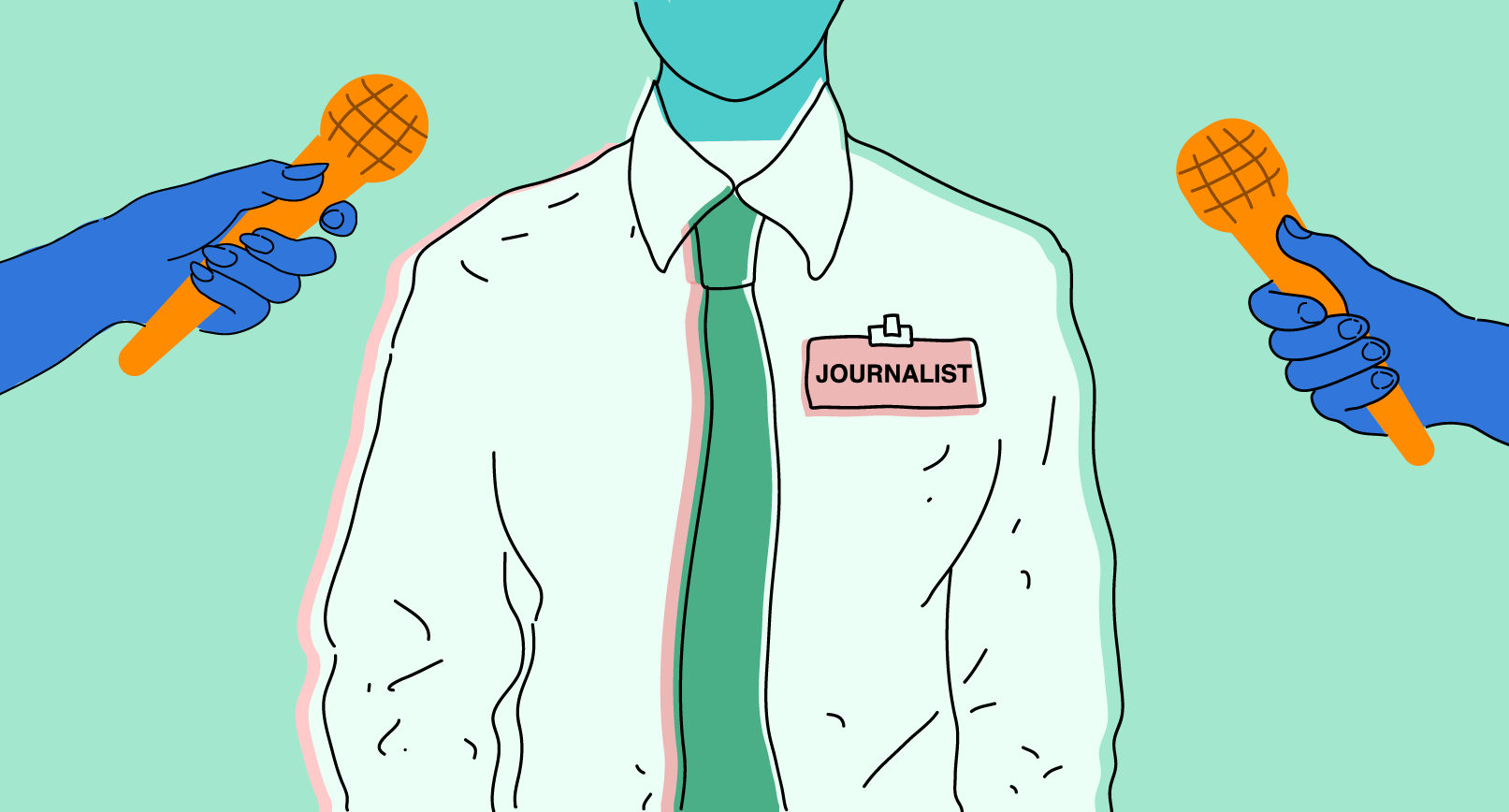A journalists’ role has always been to educate and inform the general public about events or issues that might affect their lives in an objective manner.
However, with the emergence of social media, many would think that their traditional role of gatekeeping would have disappeared. Right? Wrong.
Journalists will always be helping the public make sense of all the information that is out there, especially due to the exponential growth of the internet and the abundance of accessible information. However, I would argue that the news that we are currently consuming is highly filtered and the danger is that it is not as apparent.
The concept of ‘manufactured consent’ is very important here. It is the idea of denying citizens access to other points of view by showing a partial side of a certain story — in other words, propaganda. Walter Lippmann in Journalism and Its Publics argues that citizens who are denied access to accurate facts are eventually going to create an environment where corruption, panic and disloyalty are present.
Often, when we hear or see the news on the radio or television, we come across these constructed stories produced by journalists who have specific points they want to bring across. According to Gasher et al, in Journalists as Content Producers, journalism as a profession operates within a specific environment with a set of specific ideals, storytelling conventions as well as varied audience expectations. As a result, journalists have to filter out information for various different reasons, whether it be time restrictions, what the producer has asked for or something that they did not think was important enough to include. Little subjective decisions like those are what contribute to the missing holes in news stories. In other words, many decisions go into producing news reports and a lot of filtering happens when it comes to producers deeming a story “newsworthy.” Every producer and journalist has their own set of skills and vision when it comes to their work, which means that a single story could be covered in various ways depending on their organization’s ideologies, values and needs.
However, according to Kovach and Rosenstiel in The Elements of Journalism, the gatekeeping role of journalists’ has shifted — I would instead argue that journalists today actually have more freedom to tell stories subjectively. Manipulation of the news that we consume is created throughout the journalistic process of finding the “truth” and accurately portraying that information to the consumer.
The whole journalistic process itself encourages the careful crafting of stories, no matter what kind of journalism we are talking about. And that is because it is a profession which requires journalists to operate within a specific environment, guided by certain expectations, ideals and conventions which need to be respected. All of these limitations brought upon journalists shape an even more restrictive story to the consumers.
It would therefore be nearly impossible to have news stories that “mirror” reality, because portraying reality would be including multiple sides of a story, which are experienced and viewed differently by everyone. A mirror, after all, shows us only what is placed in front of it, not more, not less. In a news story, the person holding the mirror would be the journalist. In this case, the journalist would have complete control over where to place the mirror and what exactly to include in the frame. It is safe to say that news is not gathered but rather curated, carefully selected and presented for public consumption.
Along with the rise of social media, an increasing chunk of the ‘audience’ now has the power of becoming content creators because of the abundance and ease of access of information available online. That, in turn, means that anyone can create and publish content online, claiming that it is ‘journalism.’ This promotes lower-quality news and the deskilling of journalists which renders them easy to replace. As a result, it makes the average journalist share the same skill set as anyone else.
In sum, subjectivity is always present in stories, no matter how blatant or subtle, because they are carefully crafted to “hook” readers and are heavily filtered by content producers in order to comply with their standards of “newsworthiness.”
But what measures can be taken in order to avoid bias and filtering of information in news stories? Unfortunately, as human beings, we are biased creatures by nature and journalistic practices and values are not expected to change anytime soon. However, allowing for a more inclusive environment in the newsroom with people of different opinions, coming from different religious and cultural backgrounds, could be a start. This would allow for a healthier flow of opinions, and the collective subjectivities would then help create some sort of large objective perspective from each news agency.
Graphic by @sundaeghost




